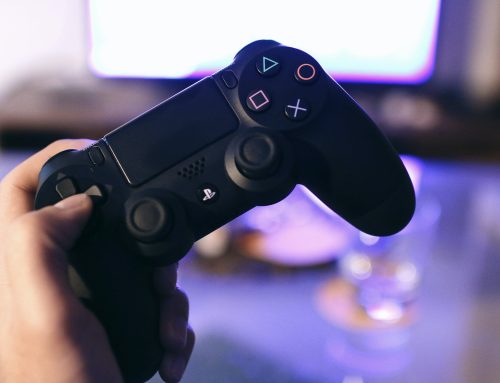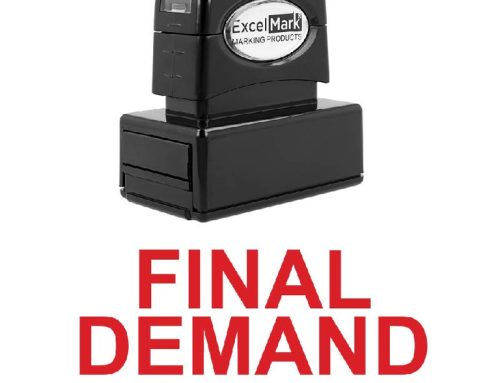What is a Lasting Power of Attorney?

Image: Pixabay
- A Property and Financial Affairs LPA, which gives the attorney the legal authority to make decisions related to the donor’s property and finances. For example, this may assist them in operating the donor’s bank account, paying the donor’s bills and/or selling their property.
- A Health and Welfare LPA, enables an attorney to make decisions regarding the donor’s health and welfare. Such decisions can include that relating to life sustaining treatment, the donor’s diet and where they may live.
Why should you consider making a Lasting Power of Attorney?
In the absence of an LPA, if a donor loses mental capacity, then their relatives and/or associates may have to incur the expense of making a time-consuming application to the Court of Protection. Until the correct authority is obtained, no one will be able to make a decision on behalf of the donor or access their accounts to satisfy any financial obligations.Coronavirus and Lasting Power of Attorneys
An LPA can still be made during lockdown, but the witnessing of the donors and attorneys signatures must be in person. It is therefore important that government guidance on social distancing and the national lockdown rules are followed. Ultimately, an LPA can provide the donor with peace of mind, in the knowledge that their wishes will be honoured and respected when they can no longer make their own decisions.Griffin Law is a dispute resolution firm comprising innovative, proactive, tenacious and commercially-minded lawyers. We pride ourselves on our close client relationships, which are uniquely enhanced by our transparent fee guarantee and a commitment to share the risks of litigation. If you have any specific questions regarding a dispute, please email justice@griffin.law or call 01732 52 59 23.





